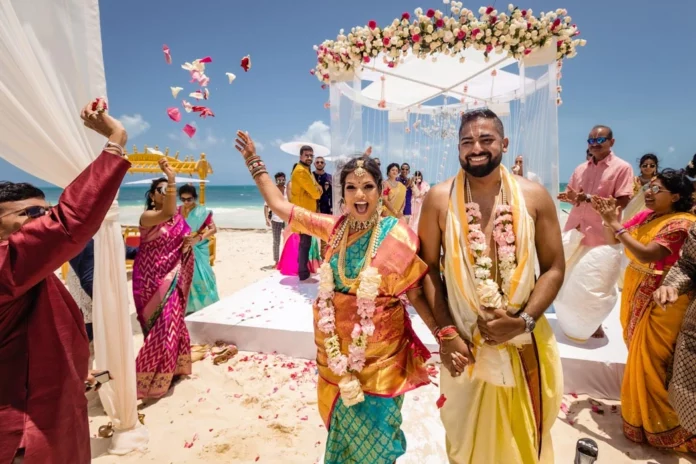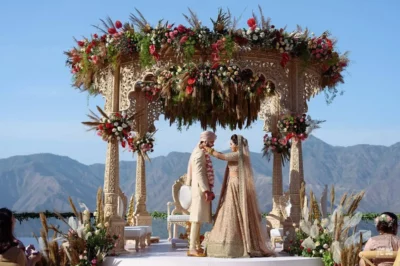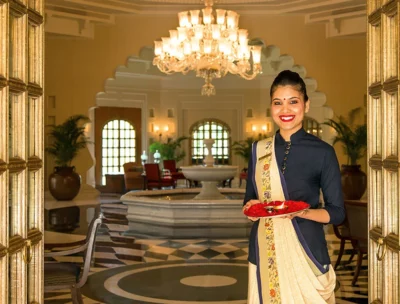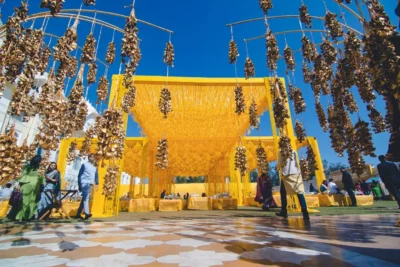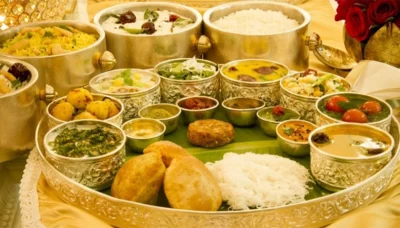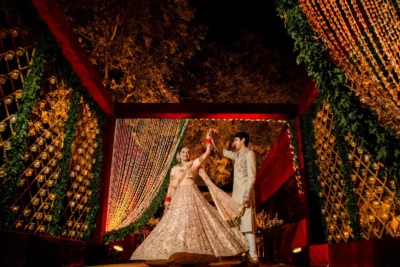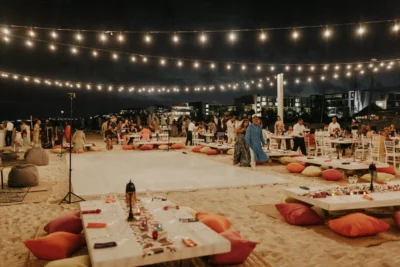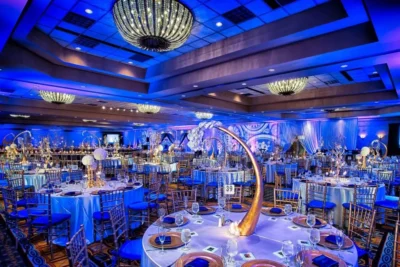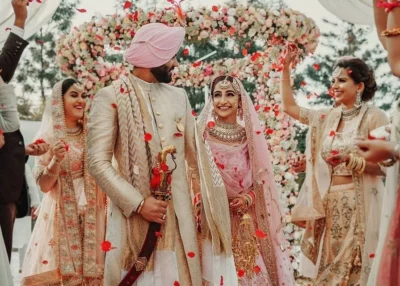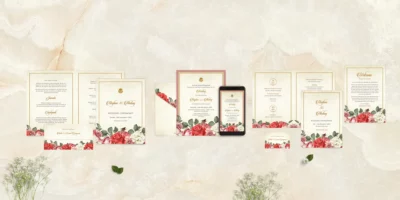Indian weddings are renowned for their grandeur and extravagance, with elaborate rituals, vibrant celebrations, and many cultural traditions. However, behind the scenes, executing an Indian wedding involves meticulous planning and coordinating various logistical aspects. From selecting the perfect venue to managing a wide array of vendors, navigating the logistics of an Indian wedding is no small feat. This blog delves into the key considerations and challenges of executing a flawless Indian wedding.
Choosing the Perfect Venue
Selecting the right venue is crucial for a successful Indian wedding. Considerations such as the capacity of the venue, its location, and accessibility are important. Indian weddings often involve multiple ceremonies, so finding a venue that can accommodate various spaces like the mandap for the wedding ceremony, a separate area for the reception, and spaces for pre-wedding rituals like Mehendi and Sangeet is essential. Additionally, considering the availability of accommodation options for out-of-town guests near the venue is important to ensure their convenience.
Managing Guest Accommodations
With Indian weddings typically hosting many guests, managing accommodations becomes a significant logistical aspect. Depending on the number of guests coming from out of town, arranging hotel accommodations or guest houses nearby the wedding venue is essential. Factors such as proximity to the venue, room availability, negotiated rates, and guest preferences should be considered when making accommodation arrangements.
Vendor Selection and Management
Engaging the right wedding vendors is crucial for a successful Indian wedding. Recommendations from friends and family, online reviews, and personal meetings can help select reliable and experienced vendors. It’s important to communicate your vision clearly and ensure that the wedding vendors understand and can execute it.
Regular meetings, site visits, and timely follow-ups are essential for effective coordination. Creating a detailed timeline and sharing it with wedding vendors helps align everyone’s efforts and ensures all tasks are completed within the designated time frame.
Catering and Menu Planning
Food is a highlight of Indian weddings, and catering requires careful consideration. Collaborating with a reputable caterer who can provide a diverse menu while accommodating various dietary preferences is essential.
Tastings and menu planning sessions with the caterer help finalise the menu and ensure that it aligns with the couple’s preferences. Clear communication about the number of guests, their dietary requirements, and any specific cultural or regional preferences is important for a delightful dining experience.
Logistics and Transportation
Managing logistics and transportation is crucial, considering the scale of Indian weddings. Coordinating transportation for the bride and groom and their families is important to ensure their timely arrival at the venue. Arranging transportation for guests to and from the venue is necessary for convenience.
It’s important to hire experienced transportation providers who are familiar with the local traffic conditions and can ensure a smooth flow of events. Managing parking facilities and providing clear directions and signage helps avoid confusion and delays.
Décor and Theme Execution
Creating a captivating ambience through décor is integral to an Indian wedding. It is crucial to collaborate with a skilled decorator who understands your vision and can execute it effectively. Discussing the desired theme, colour schemes, floral arrangements, lighting, and overall aesthetics with the decorator helps bring your vision to life.
Coordinating with the venue to understand any restrictions or guidelines regarding decorations is also important. Regular communication with the decorator throughout the planning process ensures that the décor aligns with your expectations and enhances the wedding experience.
Wedding Day Itinerary and Event Flow
Developing a comprehensive wedding day itinerary and planning the flow of events is essential for a smooth execution. It includes creating a detailed schedule that outlines the sequence of ceremonies, performances, speeches, and entertainment throughout the day. Coordinating with the priest or officiant, event emcee, and relevant family members helps ensure that everyone knows the schedule and their roles during each ceremony.
Sharing the itinerary with key stakeholders, including wedding vendors and close family members, helps maintain coordination and avoid potential conflicts or delays.
Sound and Lighting Setup
Creating the right ambience through sound and lighting is crucial for setting the mood and enhancing the overall experience of an Indian wedding. Collaborating with a professional sound and lighting team who can handle the technical aspects is important.
They will ensure that the audio quality is clear during speeches, performances, and music and that the lighting design complements the décor and enhances the visual appeal of the venue. Coordinating with the venue to understand any restrictions or requirements regarding sound and lighting setups is essential to ensure seamless execution.
Contingency Planning
Despite meticulous planning, unforeseen circumstances can arise during an Indian wedding. It is essential to have contingency plans to handle emergencies or unexpected situations. It can include having backup wedding vendors or alternative options in case of cancellations or unavailability.
It’s also wise to consider weather contingencies, such as having backup indoor spaces or tent arrangements in inclement weather. Clear communication with key stakeholders, including wedding vendors and family members, about the contingency plans helps address any challenges during the wedding.
Wedding Stationery and Invitations
Wedding stationery and invitations play a significant role in setting the tone and theme of the wedding. Designing and sending out beautifully crafted invitations that reflect the couple’s style and the overall aesthetic of the wedding is important. Collaborating with a talented graphic designer or stationery vendor who can create personalised and cohesive wedding stationery, including invitations, save-the-dates, RSVP cards, and programs, is essential. Timely coordination with the designer, finalising the guest list, and ensuring accurate addresses for mailing are crucial steps.
Conclusion
Planning and executing an Indian wedding requires meticulous attention to detail and effective stakeholder coordination. From selecting the perfect venue that caters to the diverse needs of Indian wedding ceremonies to managing a vast array of vendors, logistics play a pivotal role in ensuring a seamless experience for the couple and their guests. By focusing on careful planning, open communication, and efficient execution, couples can navigate the logistics of an Indian wedding with confidence and create memories to cherish for a lifetime.





